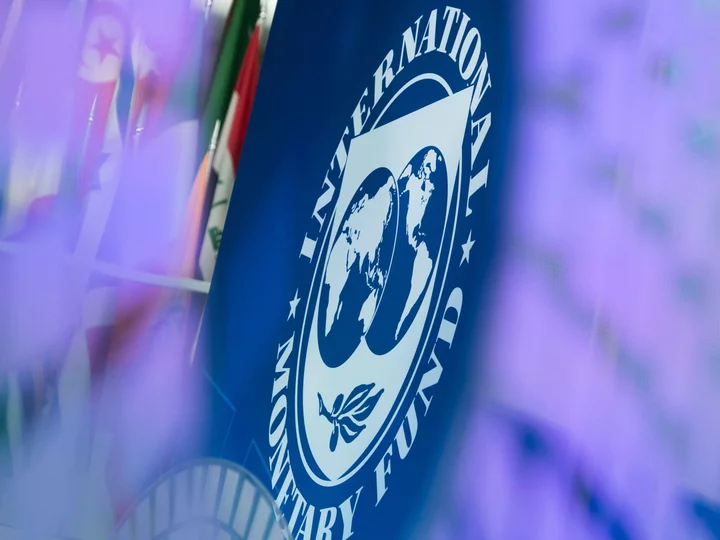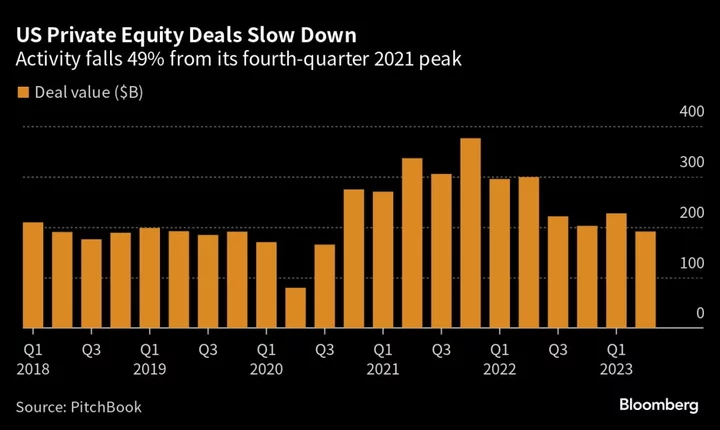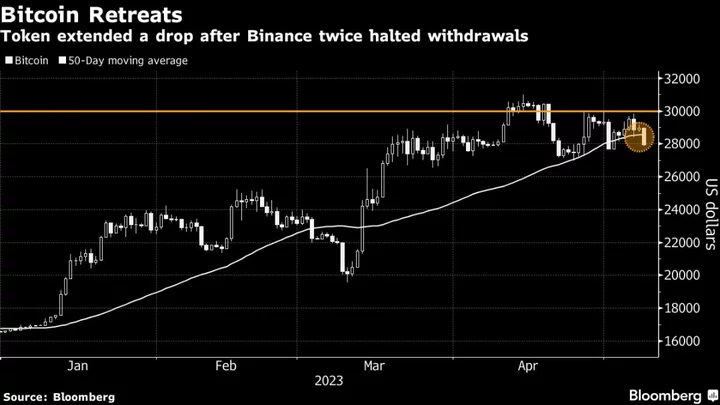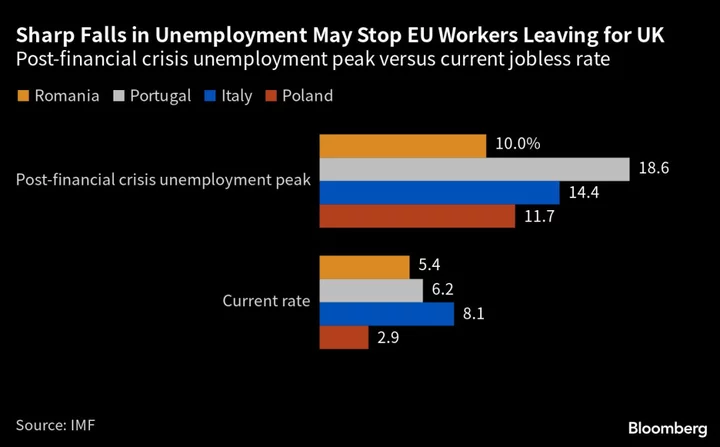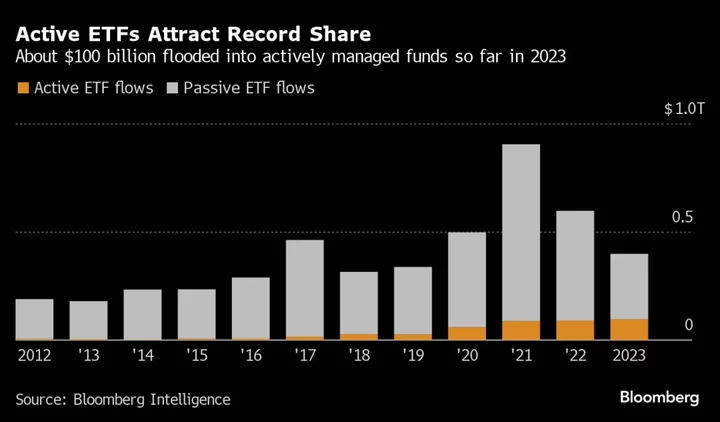The International Monetary Fund upgraded its projections for China’s annual economic growth this year and next as the nation recorded a stronger-than-expected performance in the third quarter and Beijing rolled out policies to support the recovery.
The IMF expects China’s gross domestic product to expand 5.4% in 2023 and 4.6% in 2024, according to its Article IV Mission statement published Tuesday. Those are each 0.4 percentage points higher than the Fund’s prior projections in October.
Beijing’s recent plan to issue more sovereign debt will help the economy recover and “is one of the reasons we upgraded our growth forecast,” the IMF’s First Deputy Managing Director Gita Gopinath said in a press briefing in Beijing on Tuesday.
The institution noted, however, that the slower growth next year will likely be due to ongoing risks from the property slump and subdued external demand. It called on the government to press ahead with efforts to contain risks from the real estate market and local government debt to boost sentiment and near-term growth outlook.
The IMF is the latest of several global organizations including UBS Group AG and JPMorgan Chase & Co to upgrade their growth outlook for the world’s second-largest economy after it picked up steam in the July-September period.
Beijing has signaled its intent to prevent a sharp slowdown in growth next year, resorting to unconventional measures such as raising its budget deficit to the largest in three decades through selling additional sovereign bonds worth 1 trillion yuan ($137 billion).
More recent data showed the recovery is still fragile with persistent headwinds ahead. Factory activity fell back into contraction last month and the services sector weakened. While imports increased, exports dropped more than expected in October and deflationary pressure is seen lingering.
Authorities should accelerate the exit of nonviable developers and allow more flexible housing prices in part of a “comprehensive policy package” to support the property market, Gopinath said in the statement. She also urged the central government to carry out fiscal framework reforms and balance-sheet restructuring to address regional debt strains.
“A reorientation of fiscal expenditures toward households and additional easing via interest rates would support growth and investment,” Gopinath said. “Greater exchange rate flexibility would help absorb external shocks and strengthen monetary policy transmission.”
Higher-for-longer interest rates in the US mean that a fundamental source of pressure on the yuan will stay, Gopinath said during the briefing. Making the yuan more flexible and cutting interest rates will help bring China’s weak inflation back to the target pace, she said.
IMF doesn’t expect “a general deflation trend” in China because the current sluggish headline inflation is mainly driven by food and energy prices, Gopinath said during the presser. The IMF projects core inflation, which strips out volatile food and energy prices, to rise to 2.1% by the end of 2024 from the current 0.8%.
Gopinath called on China to carry out broad-based and pro-market structural reforms to boost productivity and balance the economy to address challenges such as an aging population and diminishing returns on investment. Such structural reforms will be important to attract foreign investors, she said.
(Updates with details throughout)

